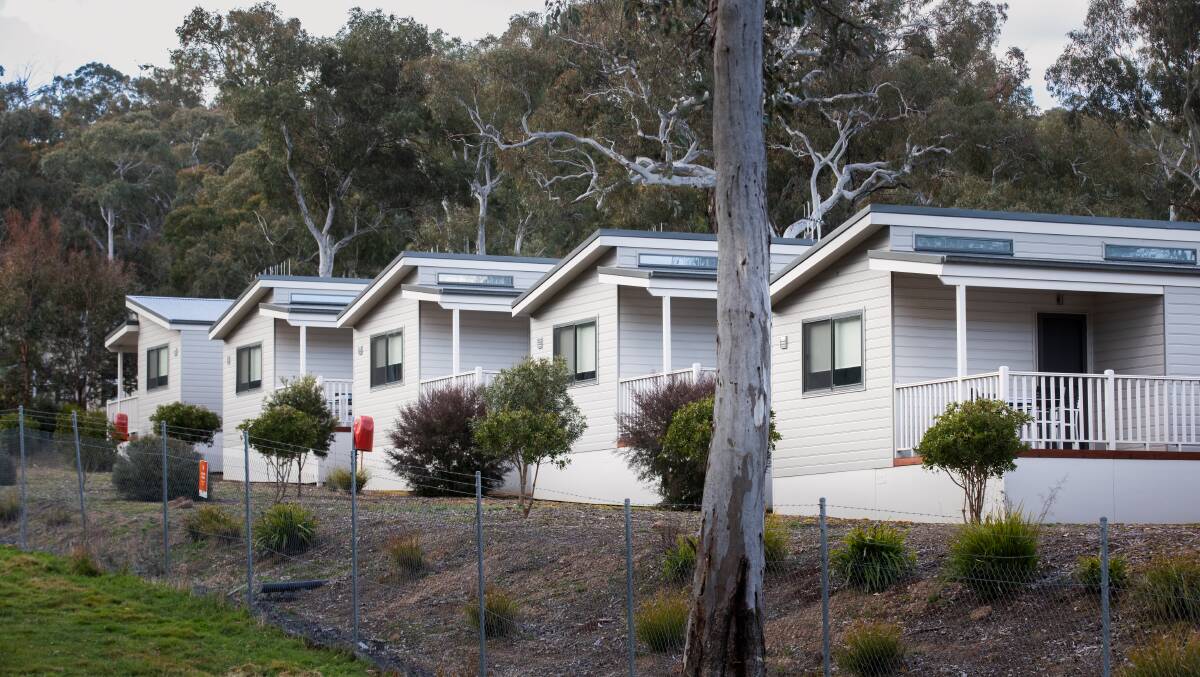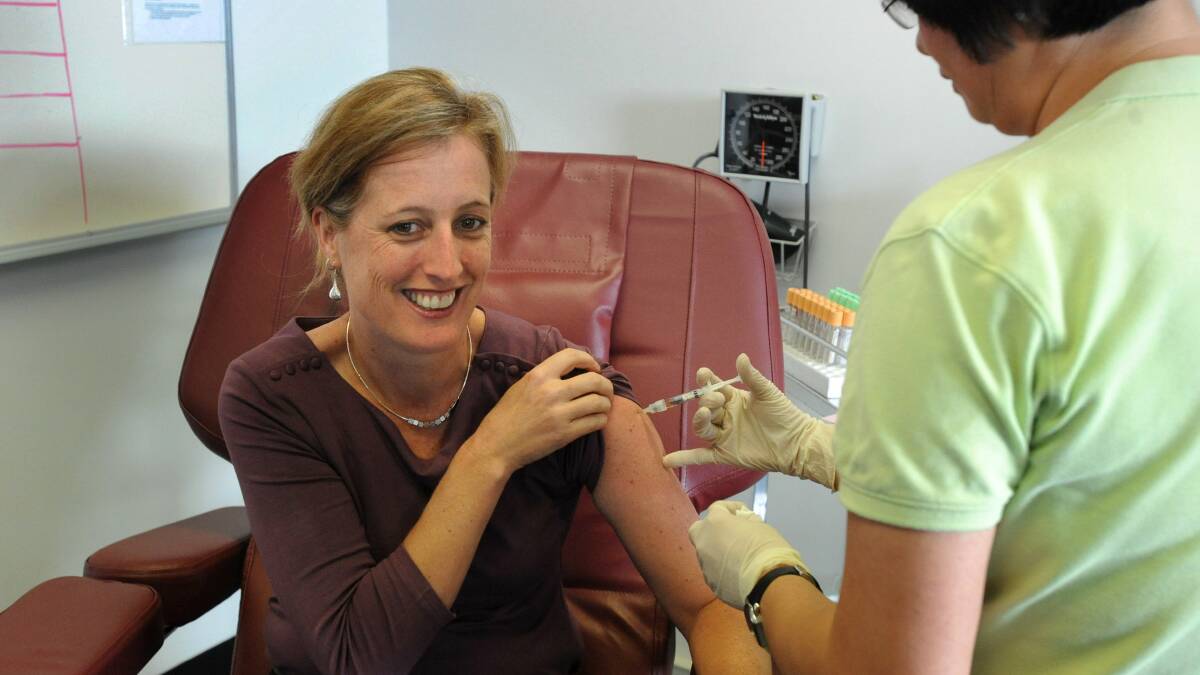
The ACT government essentially ruled out the potential for a quarantine facility in a pandemic due to "human rights conundrums".
Cabinet documents have revealed the ACT's COVID-19 response could have been entirely different if the territory government decided more than 10 years ago to overhaul its pandemic powers.
But the territory's cabinet decided not to strengthen the powers of the chief health officer in 2010 in relation to quarantine over fears a heavy-handed approach to enforcement and detention facilities would cause more harm than good.
Decade-old cabinet documents, released to The Canberra Times, showed the powers of the territory's chief health officer were reviewed following the 2009 Swine Flu pandemic.
The cabinet, led by then chief minister Jon Stanhope, agreed to examine options to increase powers to enforce public health directions.
Former health minister Katy Gallagher brought forward a submission which addressed options around the enforcement of public health directions.
This submission discussed a range of issues around the limitations of quarantine.
It said punitive measures and heavy-handed enforcement of quarantine orders would be detrimental.
"The enforcement of quarantine orders or instructions, as well as penalties for non-compliance, would be resource intensive, if not wasteful," the submission said.

"A perception of a heavy-handed approach would not only risk the loss of community confidence, but could also result in a reluctance to seek medical care or advice, the capacity to contain or manage a pandemic would be dramatically compromised.
"Arresting persons who contravene quarantine orders or instructions would necessitate exposing police officers and court officials to the infection, and possibly even persons on remand.
"Such approaches will not help if a recalcitrant individual refuses to comply with a quarantine order or instruction."
The ACT was more relaxed than other jurisdictions when it came to handing out fines and punishments during the lockdowns in 2020 and 2021, preferring to focus on an educative approach with warnings handed out first.
However, the ACT did enforce quarantine directions and police did compliance checks at homes where people were required to be isolating.
The 2010 submission was particularly critical of the use of quarantine detention facilities, stating that facilities could spread the disease, could not be adequately staffed and that there were human rights issues.
"There is a plethora of challenges and potential risks that could arise from placing people in a quarantine detention facility," the submission said.
MORE A.C.T. CABINET DOCUMENTS:
- 'Hardline' bus driver bargaining strategy went nowhere as ACT government conceded on seven-day rosters
- ACT would have built new stadium for FIFA World Cup, held out for federal funding
- Analysis: The long wait for open government
"The use of such a facility could generate significant human rights conundrums.
"Even if the human rights concerns could be satisfactorily addressed, such a facility would also require significant staffing levels to ensure adequate care and security of those detained.
"Infection control is a potential risk associated with the use of the quarantine detention facility. Depending on the nature of the disease, and the design and operation of the facility, there is the risk that such a facility could actually exacerbate the spread of the disease."
The ACT did partake in the Commonwealth's hotel quarantine for international arrivals but only a handful of planes landed in Canberra with people taken to the Pacific Suites Hotel. Returnees had access to balconies and a kitchenette.
There was also a quarantine facility opened in September 2021 in cabins at an O'Connor tourist park, but this was only used to house people who were unable to quarantine appropriately at home.
Unlike other jurisdictions, the ACT did not implement hotel quarantine for domestic travellers from so-called COVID hotspots.
Returning travellers who went to last year's G7 summit also quarantined at the Australian National University but this was an agreement with the federal government.
The Stanhope government's review concluded the powers of the chief health officer were sufficient to deal with any major public health incidents in the ACT.
"It is therefore being recommended to Cabinet that increasing powers to enforce public health directions is not necessary or desirable," the cabinet document said.





.jpg?w=600)

